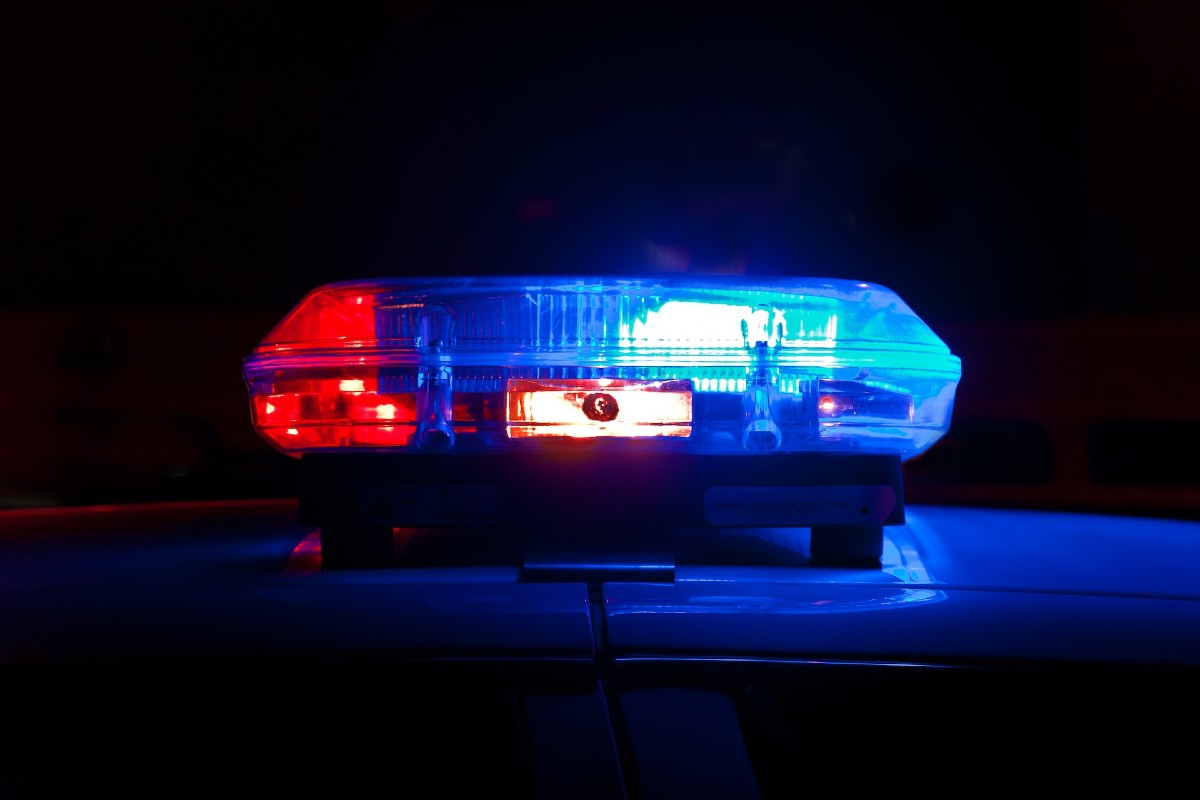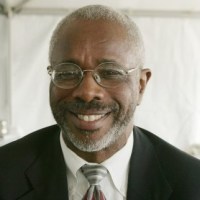
By Herb Frazier | I don’t want to watch the video of five Black Memphis police officers beating the life out of Tyre Nichols. News coverage of that horrific scene quickly convinced me I should not bring those horrendous images into my psyche.
Our minds are already polluted with the memory of videos of white police officers killing George Floyd in Minneapolis, Rodney Scott in North Charleston, Tamir Rice in Cleveland and others. Do we need to witness more police violence that disproportionately kills Black people?
 The most troubling aspect of this brutal beating of Nichols, a 29-year-old African American father of a 4-year-old son, is that it came by the hands of five Black police officers, each of whom took an oath to protect life. I struggle to comprehend how five Black men on January 7 could have kicked and punched another Black man — or any man to death — without one of them stopping it.
The most troubling aspect of this brutal beating of Nichols, a 29-year-old African American father of a 4-year-old son, is that it came by the hands of five Black police officers, each of whom took an oath to protect life. I struggle to comprehend how five Black men on January 7 could have kicked and punched another Black man — or any man to death — without one of them stopping it.
So-called Black-on-Black crime exists, but this is much more than carjacking. This was an attack on Nichols’ humanity by police officers who did it void of any compassion toward him as a fellow human being. This assault, which led to Nichols’ death three days later, provides yet another excuse for some to not trust the police. It advances the myth that Black males are inherently violent.
A retired Black Charleston police officer, who asked to remain anonymous, is surprised by what the nation saw. When he was on the local police force, Black officers, he said, would not have conducted themselves like the Memphis officers. Black officers, unlike white officers, he said, generally show more compassion because they understand the Black struggle in America.
Because the attack on Nichols violates any sensible use-of-force policy and the Memphis officers were part of a close-knit policing unit, the retired Charleston officer suspects Nichols was targeted to avenge a personal vendetta.
Surprisingly, the five officers were fired and then charged with second-degree murder with an unusual swiftness for these kinds of cases. A sixth officer, who is white, was fired recently. The licenses for two former Memphis Fire Department emergency medical technicians were suspended. They allegedly waited 19 minutes to treat Nichols, even though he was in obvious distress.
Nichols’ death has renewed calls for police reform. But we’ve seen this before. After a highly publicized incident of police violence toward people of color, a bright national spotlight is switched on. Then we talk about it, but nothing happens to break through the stubborn disregard in the U.S. Senate for Black lives taken by police. While the nation waits for Washington to move on police reform, there may be another path to follow.
Archbishop Desmond Tutu, the iconic voice among many who called for an end to apartheid in South Africa, evaluated the inhumanity of white minority rule through the African principles of “ubuntu.” Each of us are interdependent on one another with a responsibility for our fellow humans and the world around us. That’s the ethic of ubuntu.
I met Bishop Tutu briefly two decades ago at a reception in Cape Town. People were lined against the wall in a spacious room when Tutu arrived. Tutu, a hugger, embraced each of us before he spoke to the group. I didn’t know it then, but Tutu’s embrace was his recognition of our humanity.
In America, it appears that police officers, Black and white, and now even those who render medical aid, might need ubuntu training to reverse the trend of Black lives lost to police violence.
Award-winning South Carolina journalist Herb Frazier is special projects editor with the Charleston City Paper where this commentary first appeared. Have a comment? Send to: feedback@statehousereport.com.


